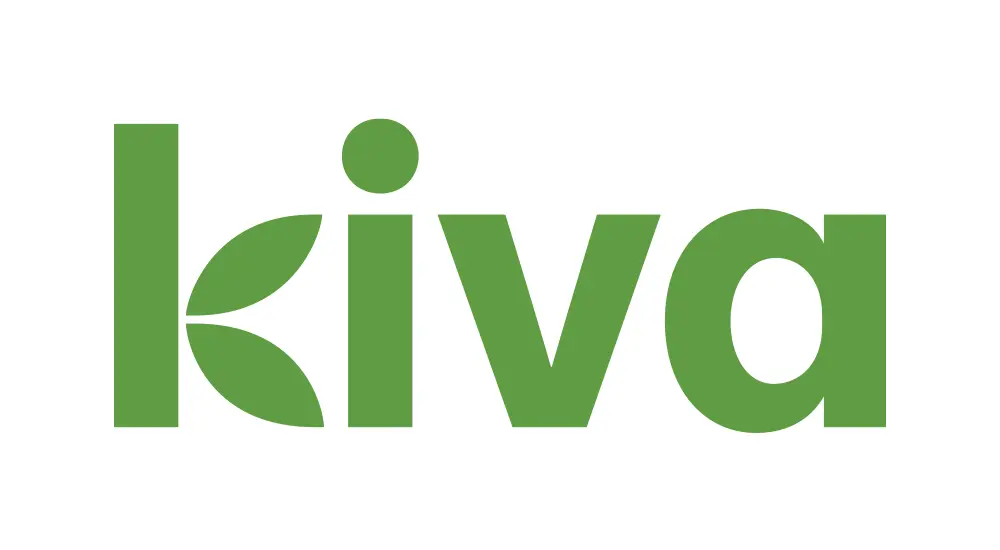GHID DE APROBARE: CUM IEI CREDITUL BT CU DOBÂNDĂ FIXĂ DIN PRIMA ÎNCERCARE
loan ro 2
DE LA STRATEGIE LA TACTICĂ Ați analizat cifrele. Ați înțeles că blocarea costurilor printr-o dobândă fixă este cea mai prudentă mișcare financiară în contextul actual. Decizia strategică a fost luată. Acum urmează partea tactică: Aplicarea propriu-zisă. Deși Banca Transilvania a simplificat enorm procesul prin digitalizare, algoritmii de risc bancar (scoring) sunt extrem de riguroși. O […]
Top Topics







